6 Historically Accurate Call The Midwife Storylines That Were Handled Brilliantly...
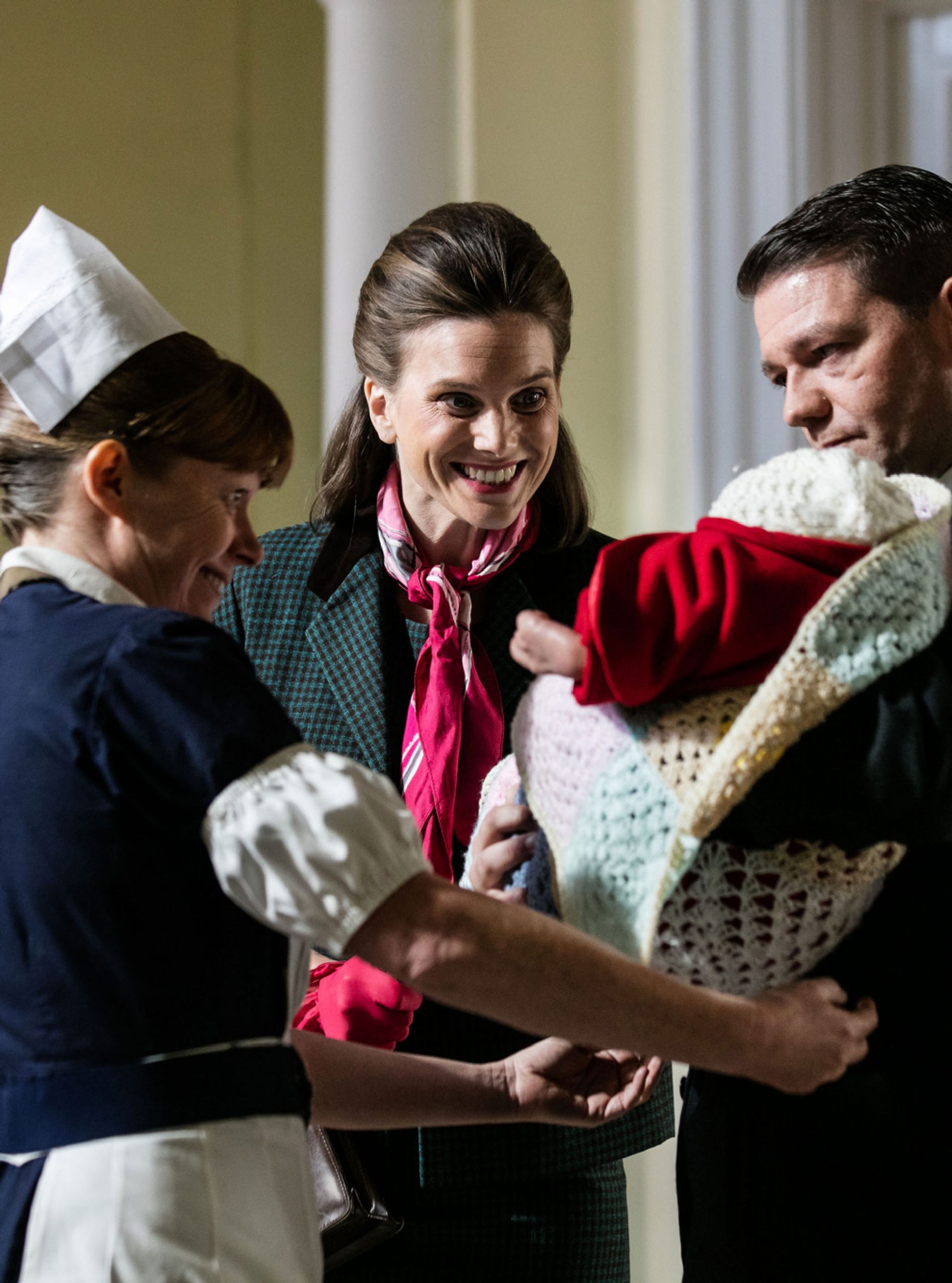
Call the Midwife season 6 kicked off in late January, and there's no doubt that the newest series of the drama has been impressing viewers ever since.
This season has been one of the most well received of the lot, which may well be down to the fact that it has attempted to tackle more hard-hitting historical storylines than ever before, after the success of their thalidomide storyline in season five. The tough plot saw the popular Dr Patrick Turner prescribe the thalidomide drugs that, unbeknownst to him, ended up causing a loss of limbs in the babies who took it. The drug was used throughout the 1950's, until its harmful effects were discovered, and it was banned in the 1960's.
But the show has long been praised for not shying away from the more difficult subjects. Throughout it's six-season run, it's tackled everything from spina bifida, to tuberculosis, and more recently, the sensitive subjects of Female Genital Mutilation (FGM), and mental health.
Viewers have continuously spoken about how the episodes have helped to raise awareness of the issues, and have helped them to understand more about the topics being covered.
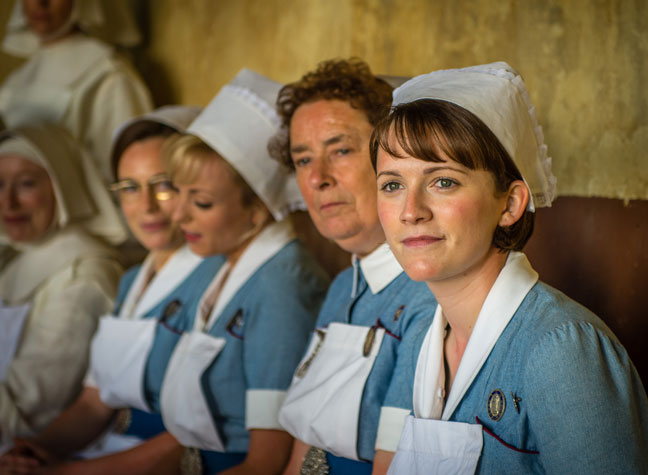
We take a look at some of the storylines that truly hit home...
1. The pill storyline in season six, episode eight
In a truly heartbreaking moment of the season six finale, we saw one lady fall victim to the contraceptive pill. One young mother of three, decided to visit the family planning clinic. But, having been prescribed the pill, the woman began to get increasingly ill, eventually collapsing after taking two of the pills in one go. The truly sad storyline ended with the mother suffering from a pulmonary embolism, which eventually killed her.
The pill was first introduced in 1961 for married women only, and at the time was associated with many different health risks, including a risk of blood clotting and breast cancer. Call the Midwife tackled the realities of the early contraceptive in this episode, and viewers praised it for being emotional and hard-hitting.
Sign up to our free daily email for the latest royal and entertainment news, interesting opinion, expert advice on styling and beauty trends, and no-nonsense guides to the health and wellness questions you want answered.
2. The revisiting of the thalidomide storyline in season six, episode six
In the most recent episode of Call the Midwife, the show caught up with a family from season five, the Mullocks, whose adorable baby girl Susan was born without her limbs after taking thalidomide. In the original episodes from season five, viewers watched heart-breaking scenes as the family feared she may not make it through the night after being born.
Now, little Susan is 18 months old, and the family returned to Dr Turner for help in fitting her with prosthetic limbs before enrolling her in nursery school. The episode made for emotional viewing, with the father clearly struggling to come to terms with the reality of his daughter's future. But viewers praised the programme for revisiting the difficult storyline, applauding the show for not forgetting about the tough storyline.
3. The story of the woman who had been a victim of FGM in season six, episode five
In another season six episode, the drama tackled the very real issue of Female Genital Mutilation, by focusing on the story of one lady from Somalia, who had been circumcised as a child. The lady was pregnant, but incredibly fearful of giving birth due to the procedure she'd been forced to have as a child.
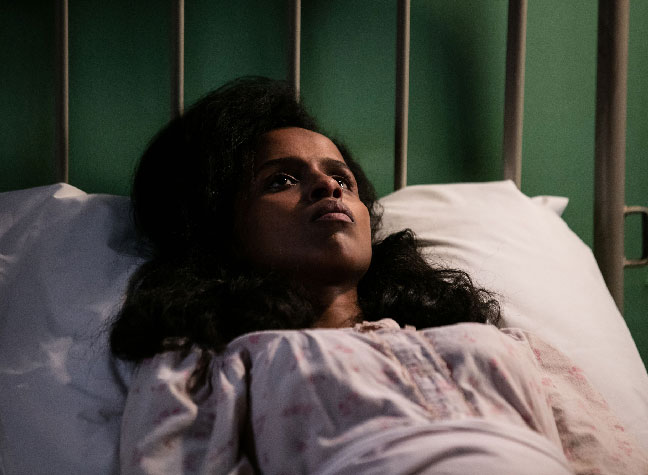
The episode began with the Somalian woman anxious and terrified that doctors might use a knife on her during labour. But one midwife, Valerie, stayed with her every step of the way, eventually delivering her baby safely in the back of an ambulance. And again, viewers were astounded at the emotional and hard-hitting viewing - which covered the important and very real issue of FGM in a sensitive and careful way.
4. Sister Mary Cynthia's mental health storyline throughout season five and six
One of the younger nuns at Nonnatus House has had one of the most complex storylines of the whole six seasons. Sister Mary Cynthia's struggle with her mental health is a perfect example of how the BBC One programme has thoughtfully covered the changing attitudes towards mental illness in the mid-20th century.
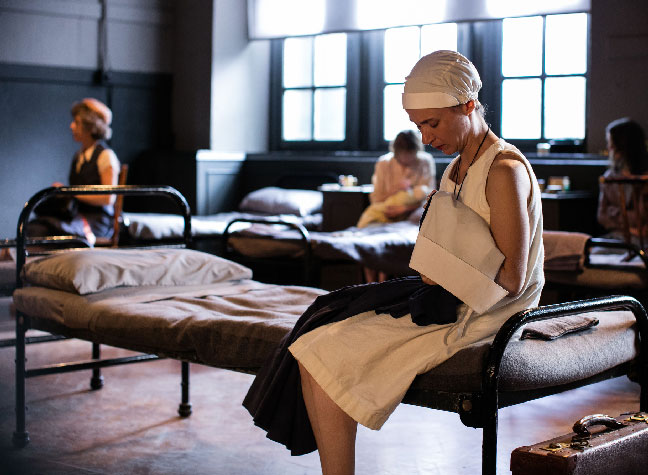
Towards the end of season five, the nun is violent assaulted by a man in Poplar. Sister Mary ends up in a frightening downward spiral as a result of the attack, which eventually sees her being sent off to Linchmore Hospital - a frightening and archaic mental institution.
Eventually, Sister Mary is placed into a friendlier, more sympathetic institution called Northfields. The programme has been praised for sensitively handling the mental health storyline, and for honestly tackling how mental health was dealt with at the time. Call the Midwife writer Heidi Thomas said that she keen to cover the issue, saying "I have a very personal interest in all aspects of mental health, as I grew up with a brother with learning difficulties and my family has been impacted by suicide."
5. The Spina bifida plot in season two, episode four
Back in the second season of the show, one episode focused on the story of a young couple, Ruby and Douglas. They had given birth to a son who was sadly born with the birth defect spina bifida, which is where the backbone is not completely closed around the spinal cord.
The babies parents struggle to come to terms with the diagnosis initially, and even the midwives and nuns at Nonnatus House seem to think that the child is beyond hope, with Sister Monica Joan saying that in her day, they simply let babies with the condition die peacefully as soon as possible.
But the episode ended positively,with the voiceover announcing, "It had been the biggest gamble of Douglas' life, but the dividends paid were high, and beautiful. The Roberts' baby defied all odds and thrived beautifully." At the time, spina bifida was considered somewhat of a death sentence. But treatments were breaking through in the 50's, and this episode perfectly displayed the changing attitudes towards it over the century...
6. The tuberculosis storyline throughout season two
In the 20th century, the disease tuberculosis was sometimes considered a serious cause for concern - and Call the Midwife made efforts to track the evolution of the disease throughout its second season. In episode six, Dr Turner announced that Poplar was undergoing an epidemic of the disease. Midwife and nurse Jenny, played by Jessica Raine, also visited a man who had lost his entire family to the disease, showing the devastating effects it had had.
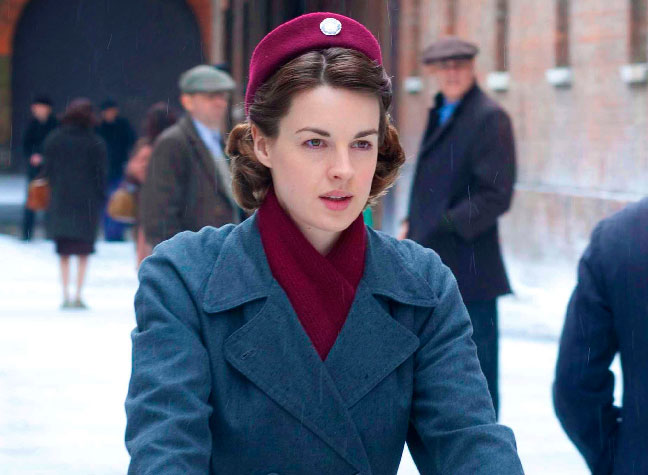
Sister Bernadette (now no longer a nun), also struggled with the disease, and it was a storyline about a potentially terrifying disease that had an emotional impact on viewers.
Call the Midwife is currently airing on BBC One.
Amy Hunt is an experienced digital journalist specialising in homes, interiors and hobbies. She began her career working as the features assistant at woman&home magazine, before moving over to the digital side of the brand where she eventually became the Lifestyle Editor up until January 2022. Amy won the Digital Journalist of the Year award at the AOP Awards in 2019 for her work on womanandhome.com.

